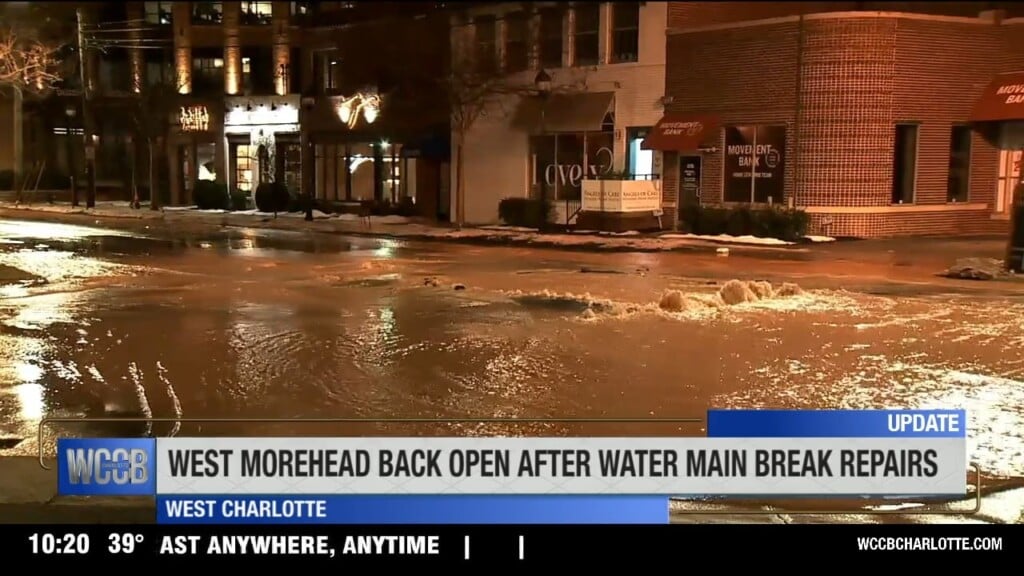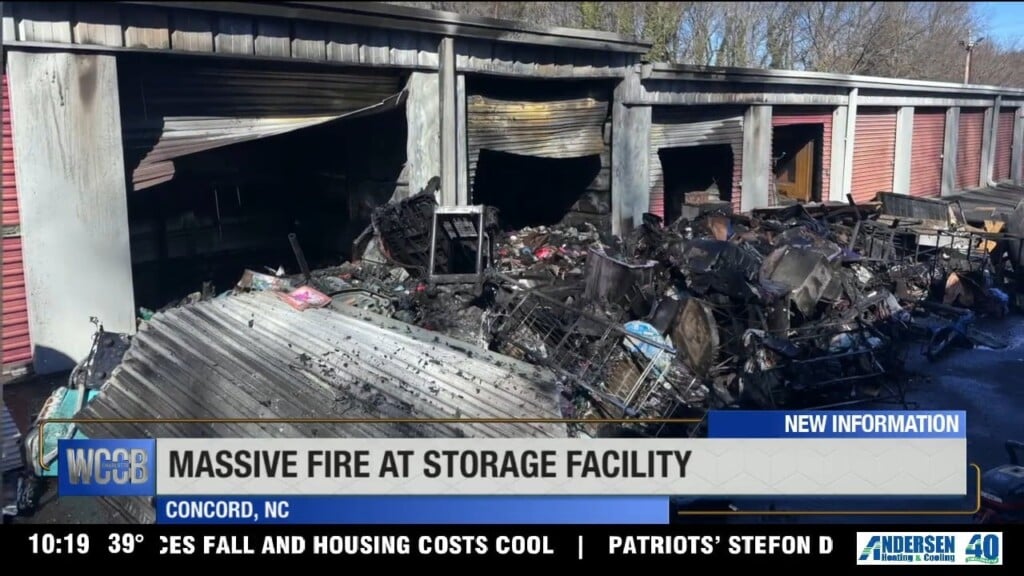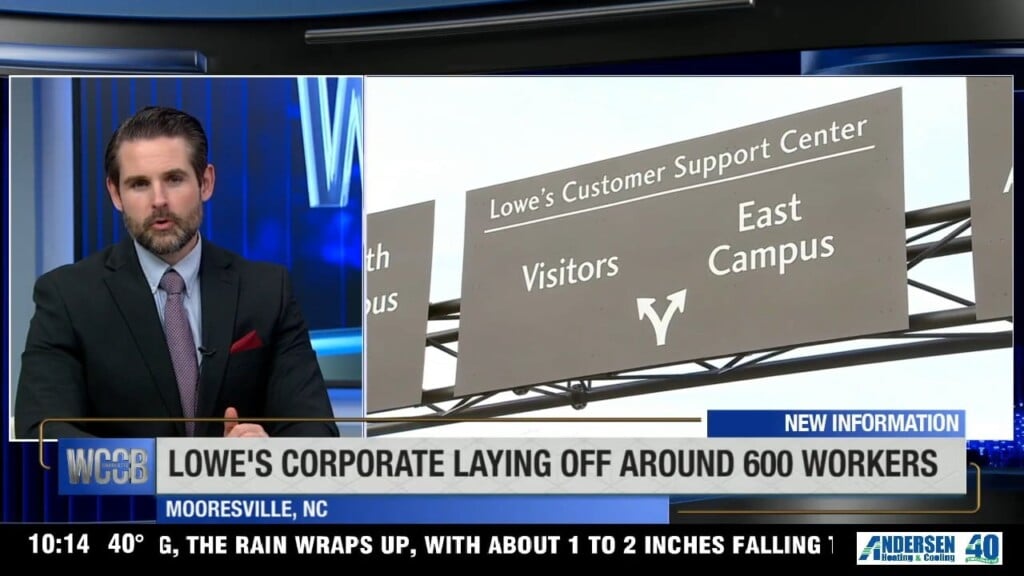Fire Prevention: It Starts At Home
According to the U.S. Fire Administration, over half of all residential fires start in the kitchen.
CHARLOTTE, N.C. — “It’s just been bananas lately.”
Kevin Campbell isn’t talking about a disappointing fruit salad. His comrades at the Charlotte Fire Department have been stretched thin due to the recent spate of structure fires in the Queen City.
“Lately we’re seeing a lot of fires occurring as a result of cooking incidents, discarded smoking materials, and use of candles,” Battalion Chief Jeff Richardson tells us.
According to the U.S. Fire Administration, over half of all residential fires start in the kitchen.
“If you’re cooking on the stovetop, having a lid to the saucepan that you’re using. That way if the pan does catch on fire, all you have to do is put the lid on top which smothers the fire, fire goes out.”
It’s a natural instinct to throw water on a grease fire — but Chief Richardson says that’s a big mistake.
“That exponentially makes things worse… The water will boil and expand and take whatever’s in the pan out of the pan with it.”
And it’s not just indoor stoves and ovens you need to worry about. Outdoor gas-powered grills can start fires if you’re not careful.
Richardson tells us to never grill on balconies, not only because it’s unsafe, but it’s also illegal. Fire codes require open flames for grilling or recreational purposes to be at least 10 feet clear of any building.
“I think most of the incidents we respond to that involve fire typically involve carelessness. So, if people will just be mindful of what they’re doing, be safe about how they’re doing it, and be good neighbors, I think that will solve a lot of issues.”
To keep yourself ready in case a fire breaks out in your home, the Battalion Chief recommends:
- Having at least two ways to escape
- Checking your smoke detector at least once per month
- Having a designated meeting place after escape
- Once you leave a burning building, do not go back in





